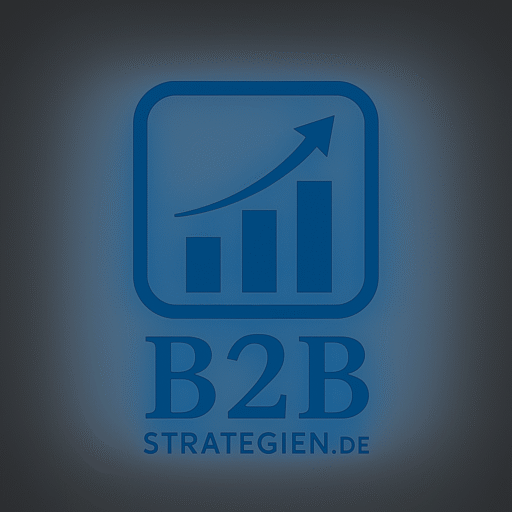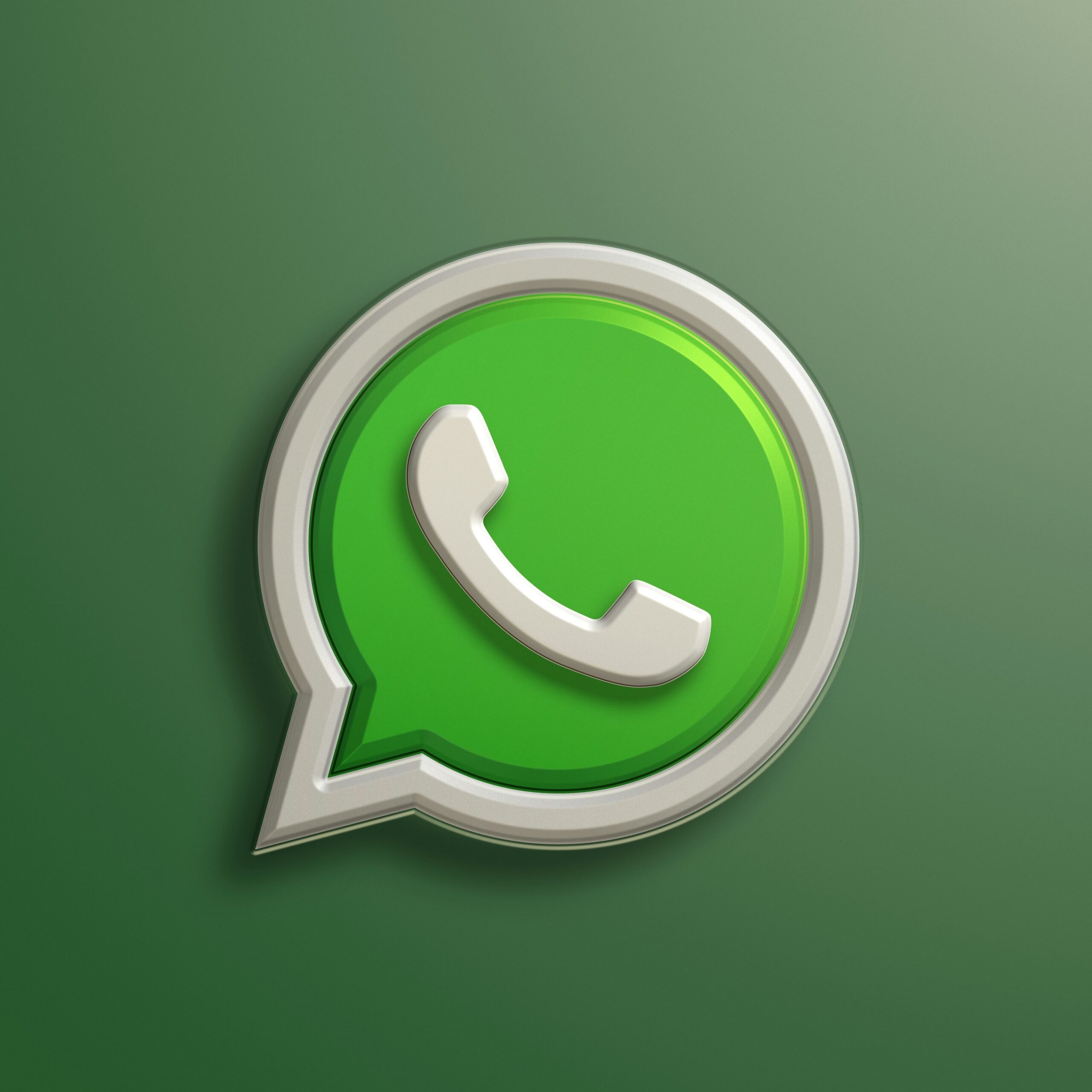Introduction
In the digital age, communication has become faster, more personal, and more direct than ever before. Traditional channels such as email or SMS are still widely used, but they no longer hold the same influence they once had. With billions of people using messaging applications daily, businesses are shifting towards platforms where their customers already spend most of their time. Among these platforms, WhatsApp stands out as one of the most powerful tools for both personal and business communication. WhatsApp marketing refers to the strategic use of WhatsApp to promote products, services, and brand messages in a personalized, conversational, and highly engaging way. Unlike traditional advertising, WhatsApp marketing builds trust and long-term relationships with customers. With the help of WhatsApp marketing softwares and well-planned B2B strategies, businesses can streamline communication, improve engagement, and achieve measurable growth. This article explores in detail what WhatsApp marketing is, how WhatsApp marketing softwares work, and how businesses can apply B2B strategies effectively.
What is WhatsApp Marketing?
WhatsApp marketing is the practice of using the WhatsApp platform to reach, engage, and nurture customers by sending personalized messages, promotional content, and service updates. It goes beyond simple text messaging and enables businesses to build meaningful connections with their audience. Unlike traditional digital marketing channels such as email, where open rates can often be less than 20 percent, WhatsApp messages enjoy an exceptionally high open rate, often exceeding 90 percent. This makes WhatsApp one of the most reliable platforms for ensuring that your message is seen.
Why WhatsApp Marketing Matters
The strength of WhatsApp marketing lies in its ability to humanize communication. Customers are far more likely to respond to a personal message on WhatsApp than to a generic email or a banner advertisement. WhatsApp allows for two-way communication, meaning that customers can ask questions, request support, and engage in real-time conversations with a business. For example, imagine a local restaurant that launches a WhatsApp campaign offering daily menu updates and special discounts. Customers not only receive valuable information but can also instantly reserve a table or place an order through the same channel. This level of interactivity creates trust, convenience, and loyalty.
Variations of WhatsApp Marketing Keywords
When optimizing for search engines and creating effective campaigns, it is important to understand the different variations of WhatsApp marketing keywords. Each variation reflects a slightly different aspect of how businesses can use the platform.
WhatsApp Business Marketing
This refers to using the official WhatsApp Business app, which provides tools such as business profiles, quick replies, and catalogues. It is ideal for small to medium-sized businesses that want to manage customer communication effectively.
WhatsApp Advertising
Although WhatsApp itself does not allow traditional paid ads like Facebook or Google, businesses can still advertise on WhatsApp by running campaigns through the WhatsApp Business API. This includes targeted promotional campaigns, transactional messages, and personalized follow-ups.
WhatsApp Campaigns
A WhatsApp campaign is a structured set of messages sent to a targeted audience. For example, an e-commerce company might run a WhatsApp campaign during Black Friday to send discount codes and product recommendations to its subscribers.
WhatsApp Automation Marketing
Automation allows businesses to send messages without manual effort. Automated greetings, order confirmations, or customer support responses can be handled by WhatsApp marketing softwares, saving time and improving efficiency.
WhatsApp Marketing Softwares Explained
WhatsApp marketing softwares are specialized tools that allow businesses to use WhatsApp for large-scale communication. While the WhatsApp Business app is useful, it has limitations when it comes to managing thousands of customers. This is where professional software solutions come into play. These softwares typically integrate with the WhatsApp Business API and provide businesses with advanced features such as bulk messaging, customer segmentation, analytics, and CRM integration.
Why Businesses Need WhatsApp Marketing Softwares
Without the support of automation tools, businesses would struggle to handle communication with a large customer base. Imagine a company that wants to send a holiday greeting to 10,000 customers. Doing this manually would take hours, if not days. With WhatsApp marketing software, the entire process can be completed in minutes.
Key Functions of WhatsApp Marketing Softwares
Bulk Messaging: Send promotional messages to thousands of customers at once. Automation: Set up auto-replies, chatbots, and scheduled campaigns. Personalization: Insert customer names, purchase history, and tailored offers into messages. Analytics: Track open rates, response times, and campaign performance. Team Collaboration: Allow multiple team members to manage customer conversations simultaneously.
Example of WhatsApp Marketing Software in Action
Consider a travel agency that uses WhatsApp marketing software to automate trip reminders, send booking confirmations, and provide real-time customer support. Customers not only stay informed but also feel valued through timely updates and personalized recommendations.
Variations of WhatsApp Marketing Softwares Keywords
To capture different search intents and improve SEO visibility, businesses should consider keyword variations related to WhatsApp marketing software.
Best WhatsApp Marketing Software
Focuses on tools that are highly rated, feature-rich, and reliable for professional use.
Free WhatsApp Marketing Software
Highlights options that are cost-effective for startups and small businesses, though often with limited features.
Bulk WhatsApp Marketing Software
Specifically used for sending high volumes of messages in campaigns.
WhatsApp Automation Software
Emphasizes tools that support automated workflows and chatbots.
WhatsApp CRM Integration
Focuses on software that links WhatsApp with customer relationship management systems, improving sales and support. Popular examples include WATI, Twilio, Whatso, WAAM-it, and MessageBird.
Understanding B2B Strategies in WhatsApp Marketing
While WhatsApp marketing is often associated with B2C communication, it is equally valuable for B2B businesses. B2B strategies focus on building long-term professional relationships, lead generation, and high-value client retention.
How B2B Strategies Work with WhatsApp
Lead Generation: Collect business leads through website forms and nurture them with WhatsApp messages. Lead Nurturing: Send educational content, case studies, and updates to potential clients. Relationship Building: Maintain regular contact with partners and clients. Sales Enablement: Provide product demos, catalogs, and consultation appointments. Community Building: Create WhatsApp groups for industry discussions and networking. For instance, a software development company can use WhatsApp to provide updates about new features, schedule demo sessions, and answer client queries instantly.
Variations of B2B Strategies Keywords
Just like WhatsApp marketing keywords, B2B strategy keywords also carry different meanings.
B2B WhatsApp Marketing Strategies
Specific tactics used by businesses to reach other businesses via WhatsApp.
B2B Communication Strategies
How WhatsApp helps businesses improve professional communication, negotiation, and collaboration.
B2B Lead Generation via WhatsApp
Using WhatsApp campaigns to capture and convert high-quality leads.
B2B Customer Retention Strategies
How businesses keep existing clients engaged and satisfied using WhatsApp.
B2B2C Strategies
Business-to-business-to-consumer strategies, where a company works with another business to ultimately reach the end customer. For example, a manufacturer might communicate with distributors on WhatsApp, who then serve retail customers.
Why WhatsApp Marketing, Softwares, and B2B Strategies Together Drive Growth
The real power of WhatsApp lies not just in marketing or software alone, but in combining both with clear B2B strategies. When a business uses WhatsApp marketing software to automate communication and applies well-designed B2B strategies, it creates a comprehensive system that drives measurable growth. For example, a SaaS company can use WhatsApp to announce new updates, automate support for existing customers, and nurture leads with case studies. This combination shortens the sales cycle, increases trust, and improves client retention.
Best Practices for WhatsApp Marketing in B2B
To maximize results, businesses must follow certain best practices: Always get consent before sending messages to avoid being flagged as spam. Focus on delivering value rather than just promoting products. Segment the audience into groups based on needs and interests. Measure results using analytics and adjust strategies accordingly. Use rich media formats like videos, PDFs, and catalogs to improve engagement. These practices ensure that WhatsApp remains a trusted channel rather than being perceived as intrusive.
Conclusion
WhatsApp marketing has emerged as one of the most effective digital communication channels for modern businesses. By leveraging WhatsApp marketing softwares, companies can scale their efforts with automation, personalization, and analytics. When these tools are combined with strong B2B strategies, businesses can generate leads, build long-term partnerships, and strengthen customer loyalty. Whether you are a small business exploring WhatsApp for the first time or a large enterprise seeking advanced integration, the opportunities for growth are substantial. With billions of active users and the ability to create meaningful one-on-one connections, WhatsApp marketing represents the future of digital engagement for businesses across all industries.



